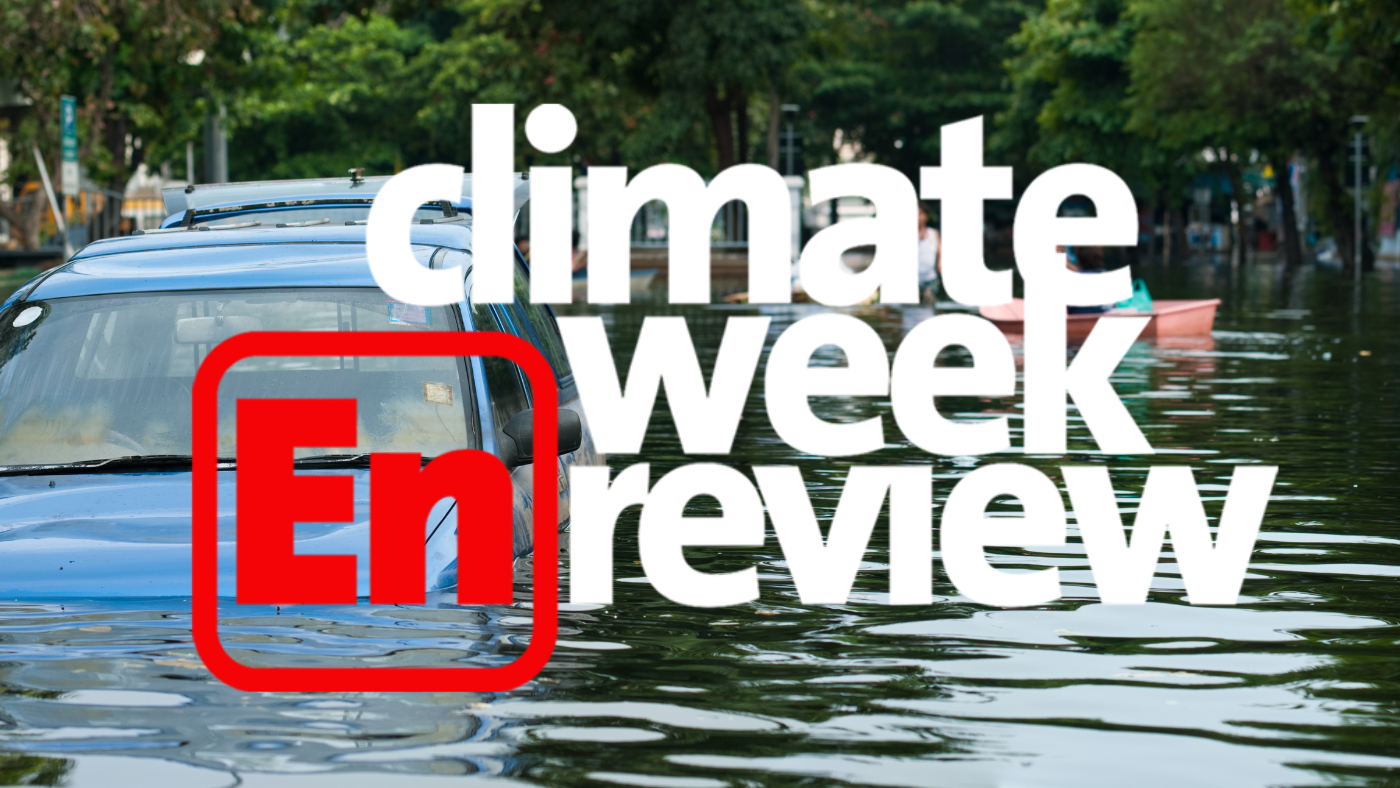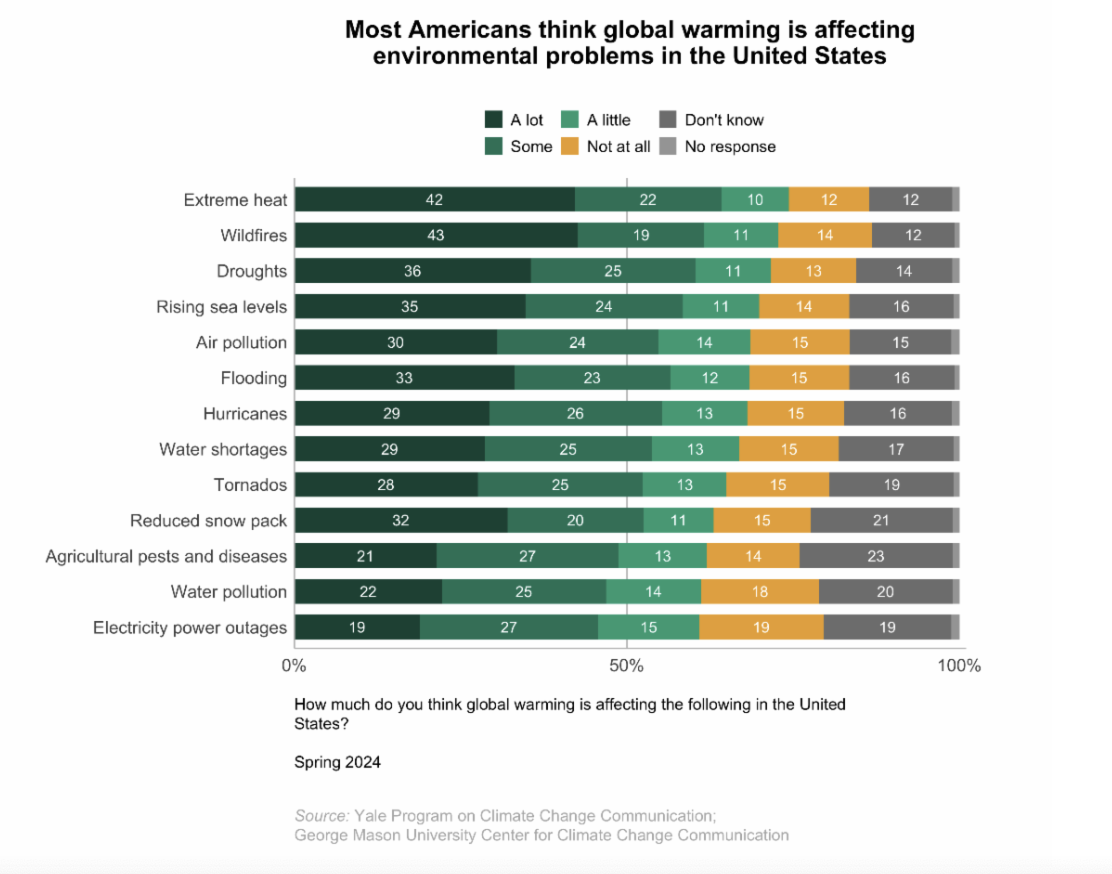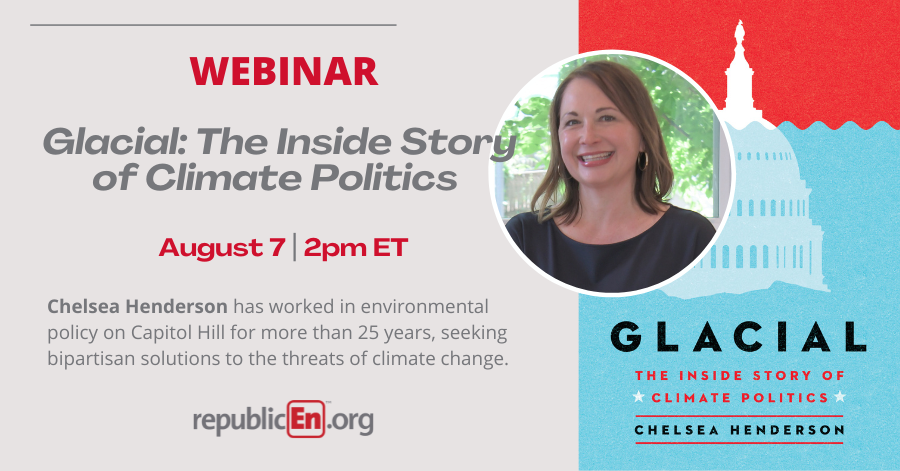
Hey, hey, hey… we are MELTING in the DMV this week with multiple days past 100 degrees and nights that aren’t cooling off enough for my taste. It makes one miss the good old days of normal summer, sleeping with the windows open, and yes, I’m of the age that if we were thirsty and playing outside, we drank from the hose.
[📣DEBUT AUTHOR📣] This week’s must read: Climate policy can help protect American rangeland (Miles City Star). Please join me in giving a big shout out to our intern, Suler Lu, who wrote this piece AND GOT IT PUBLISHED as part of a class project, in collaboration with our team.
“Few things are as distinctly American as the cultural significance of the connection between cowboys and rangeland ecosystems,” she writes in her impeccable opening. “From old Hollywood films to present-day rodeos, cowboys have stood the test of time as a reflection of the pride many have for the wild landscape and natural environment. Yet, this cultural iconography is under threat. Water shortages, erosion, and hotter temperatures are pushing the resiliency of these ecosystems to their limits, demanding urgent attention and action. We need strong, feasible climate policies to incentivize Americans to protect their own rangeland.”
Congrats to Suler and good luck as she continues her education at the University of Washington.

Speaking of heat waves…
Check out the latest from Mary Anna Mancuso, who was published recently in Real Clear Energy about the budgetary impacts of climate change.
“The economic toll of climate inaction is staggering. A recent analysis estimates the cost of reducing greenhouse gas emissions is just one-sixth of the projected $38 trillion climate impact price tag by 2050,” she writes. “Implementing a revenue-neutral, border-adjustable carbon tax that returns revenue to Americans either in the form of a payroll tax cut or a dividend, will not only incentivize polluters to reduce their carbon emissions but would help offset the effect of higher energy prices on vulnerable households. This approach ensures relief for Americans disproportionately impacted by rising energy costs and a warming climate. Without a carbon tax, all these households can expect are continued higher costs associated with more extreme weather trends.”

Two out of three Americans agree on something…
Recent research conducted by our friends at the George Mason University Center for Climate Change Communication shows that two-thirds of Americans think global warming is affecting weather in the U.S. Check out their latest report, Climate Change in the American Mind: Beliefs & Attitudes (Spring 2024) for more fun facts like that Americans who think global warming is happening outnumber those who think it is not by a ratio of about 5 to 1!
Where’s the glacier/drought/heatwave emoji?
Perhaps 2 out of 3 of us can agree we need better emojis to visually describe climate change. In this Forbes piece, journalist and doctorate student Sanam Mahoozi explores why we don’t have more descriptive options from a catalogue that otherwise describes every whim, fear, reaction, and mood.
🔥🌎🌊🌨️☔

Ready for some COOL news?
My book, Glacial: The Inside Story of Climate Politics, is coming out on August 6th and we are giving away copies to early registrants for a webinar where I talk about the book.
When: August 7, 2024, 2pm ET
Where: Zoom (of course)
Why: Because I wrote a book about the history of the politics of climate change and I hope you will read it even if you don’t win a free copy
Whether or not you win my book, if you have a copy, I’m happy to find a way to sign it! And if you have a book club or upcoming event where you’d like me to speak, let me know!
🔥🌎🌊🌨️☔
And that’s it for me! My WFH office will be in the Adirondacks next week, where I’m hoping to revel in cooler temps. See you next Friday.
